Or they can act as a toolbox, accumulating new spells for every contingency.
Wizard Highlights
Wizards are arcanespellcasters who use Intelligence(INT) as their spellcasting stat.
Cantrips are minor spells that can be cast at-will, but a first-level Wizard only knows three.
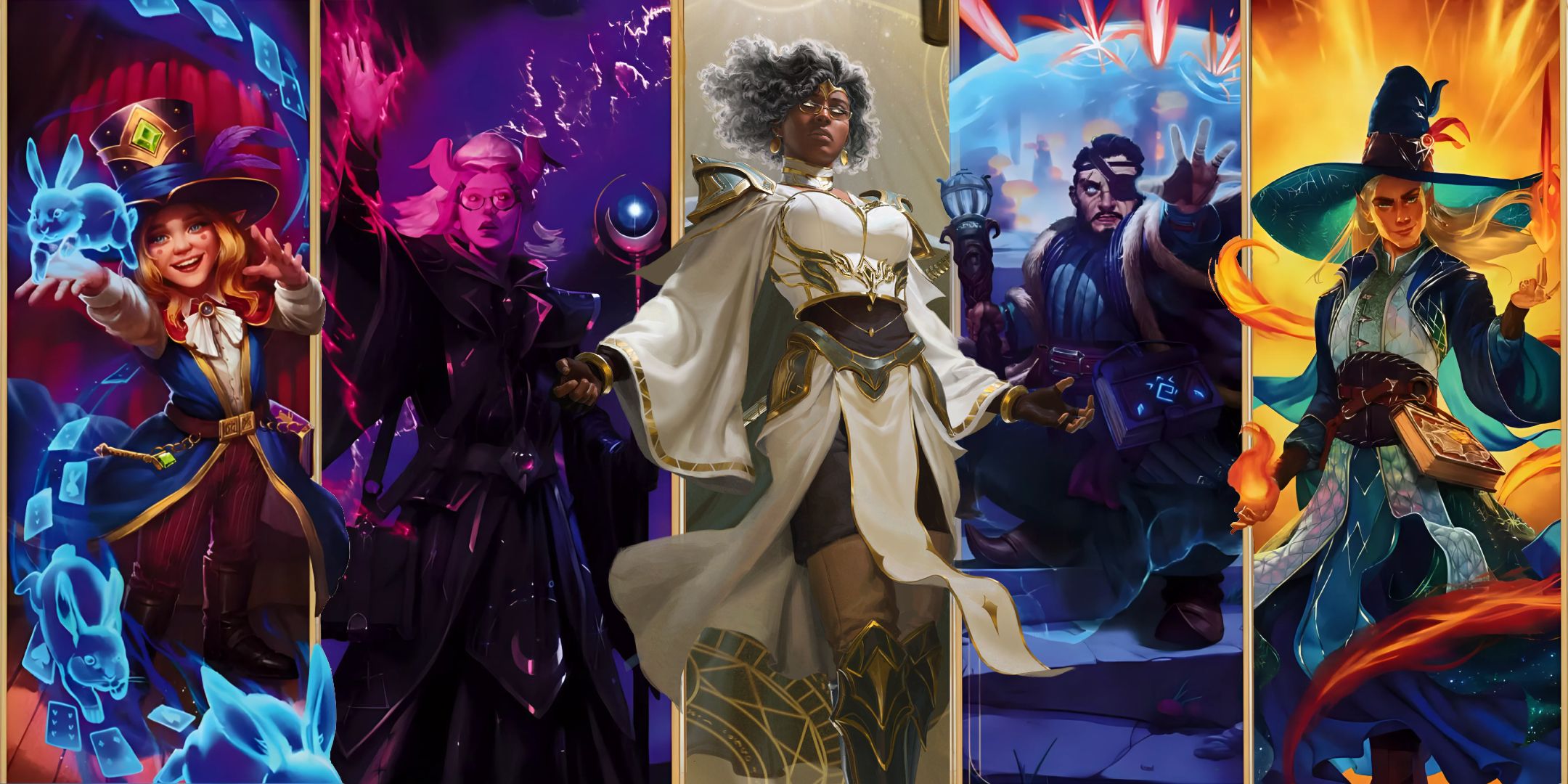
After years of study, Wizards learn a lot about their subject of choice.
Expertise in a skill grants you double your proficiency bonus in that skill whenever you roll a check.
Conjurers, Enchanters, Necromancers, and Transmuters are all missing from the Player’s Handbook.
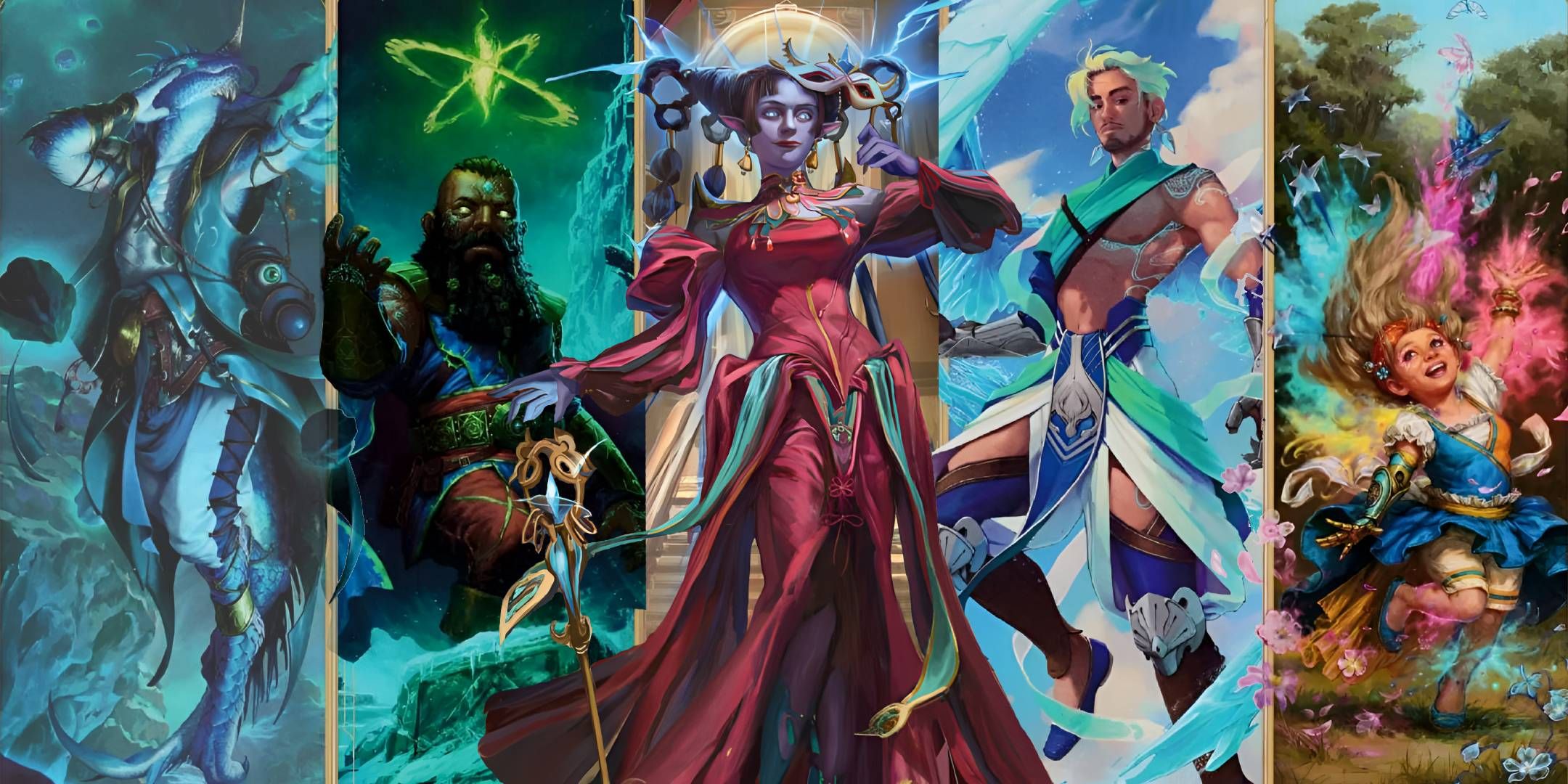
Mordenkainen, by Ryan Pancoast
All subclasses get to add extra spells of their chosen school to their spellbook.
Abjurer
Abjurers tend to be defensive in nature.
Diviner
Diviners are adept at looking into the future, the past, and the distance.
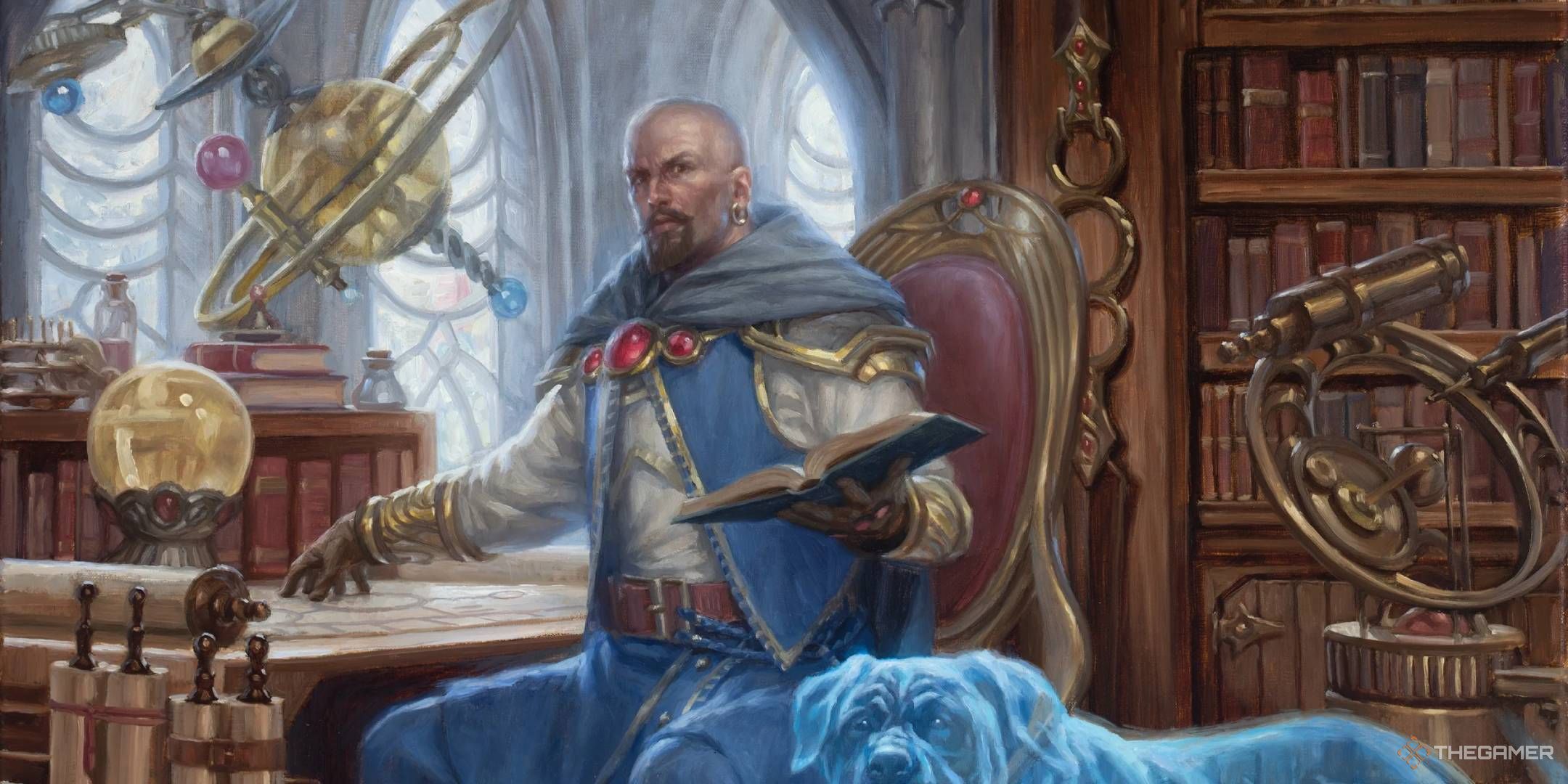
Mordenkainen, by Ryan Pancoast
Nobles may hire them to magically spy on their rivals, or to protect themselves from their neighbors Diviners.
Evoker
Evokers focus on elemental magic, typically offensively.
Evokers gainadditional damage on their Evocation spells, all the way down to their cantrips.
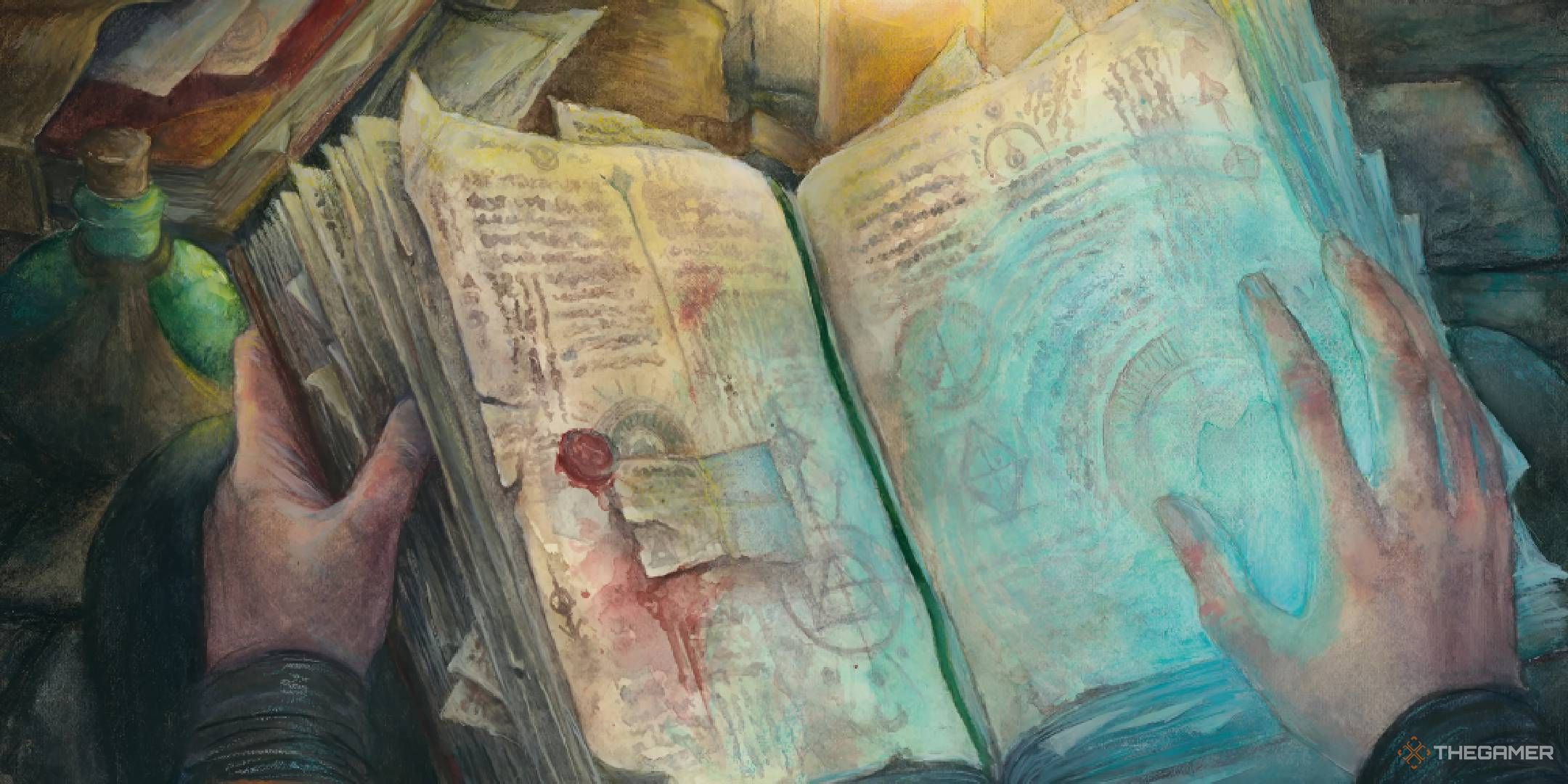
Wizard’s Spellbook, by Iris Compiet
Illusionists are able to castIllusion spells without verbal componentsand at a longer range than other Wizards.
More powerful Illusionists can make their illusions more substantial, using them tosummon creatures to assist them.
Illusionists arethe only subclass to gain bonus prepared spellson top of the bonus spells for all subclasses.
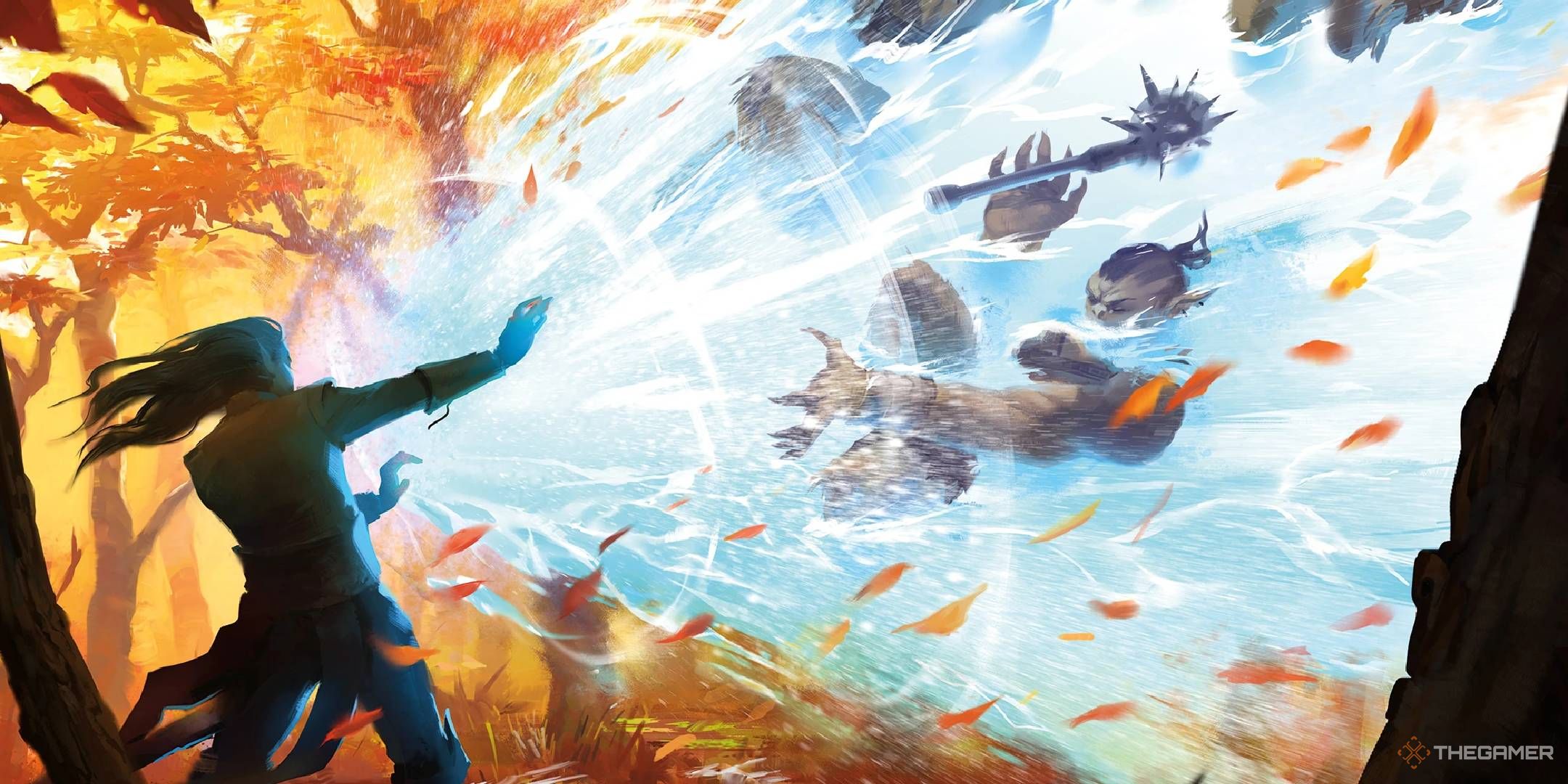
Cone of Cold, by Kim Sokol
Best Species
Elvesare frequently associated with magic, and they make excellent Wizards.
Gnomesare magical in origin, and make great wizards.
Both lineages getDarkvision and advantage on Wisdom, Charisma, and Intelligence saving throws, which are frequently helpful.
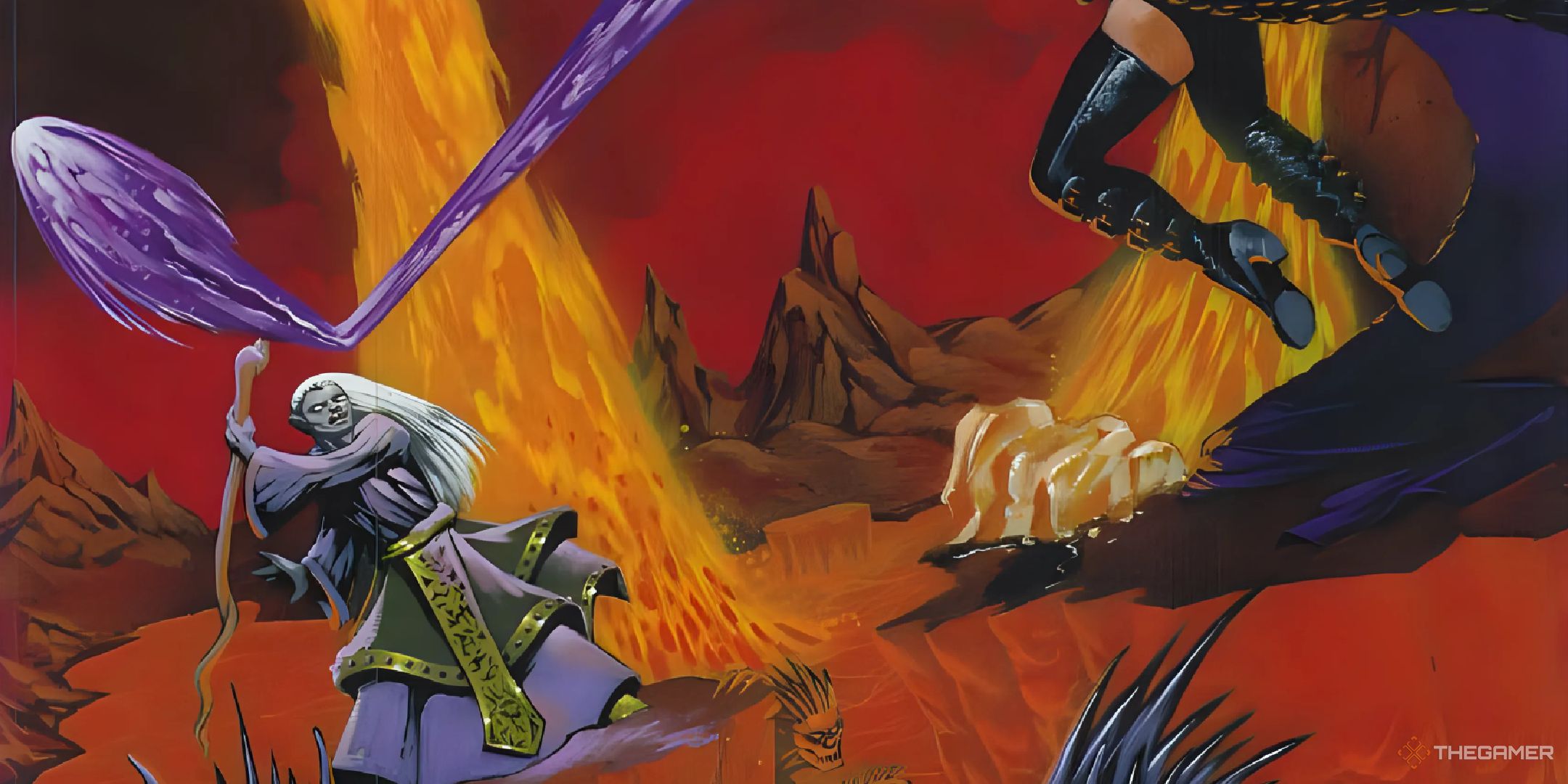
Duel In Avernus, via Wizards of the Coast
Without the negative Intelligence bonus of earlier editions,Orcscan be solid Wizards.
Dexterity and Constitution are secondary statsonly for the purpose of survival.
Both are important, and you should aim for at least 14 in each.
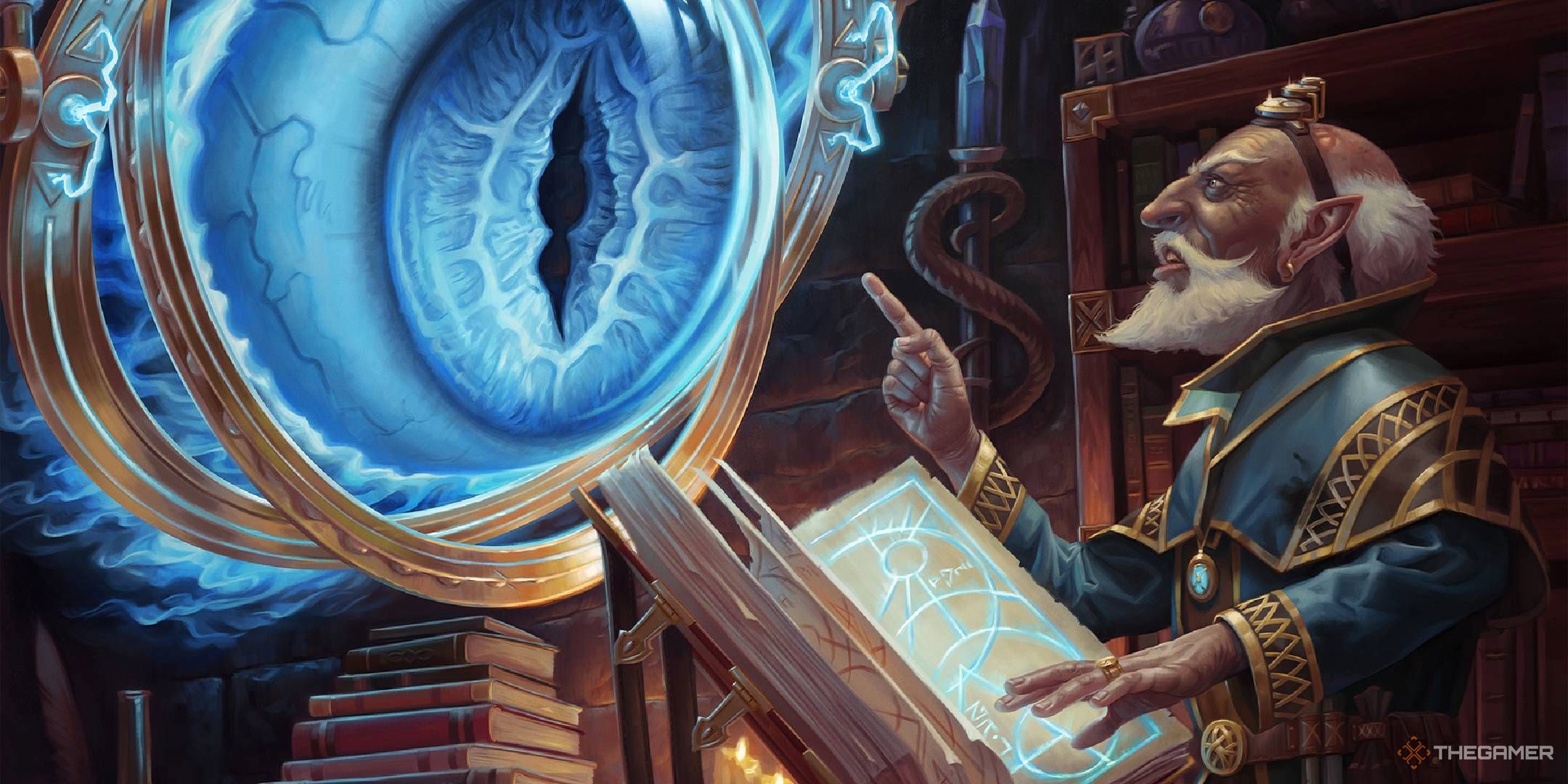
Contact Other Plane, by Alix Branwyn
Wisdom helps with Wisdom saves, which are common.
Wizards are already proficient in Wisdom, but a little more wont hurt.
Strength and Charisma are both dump stats.
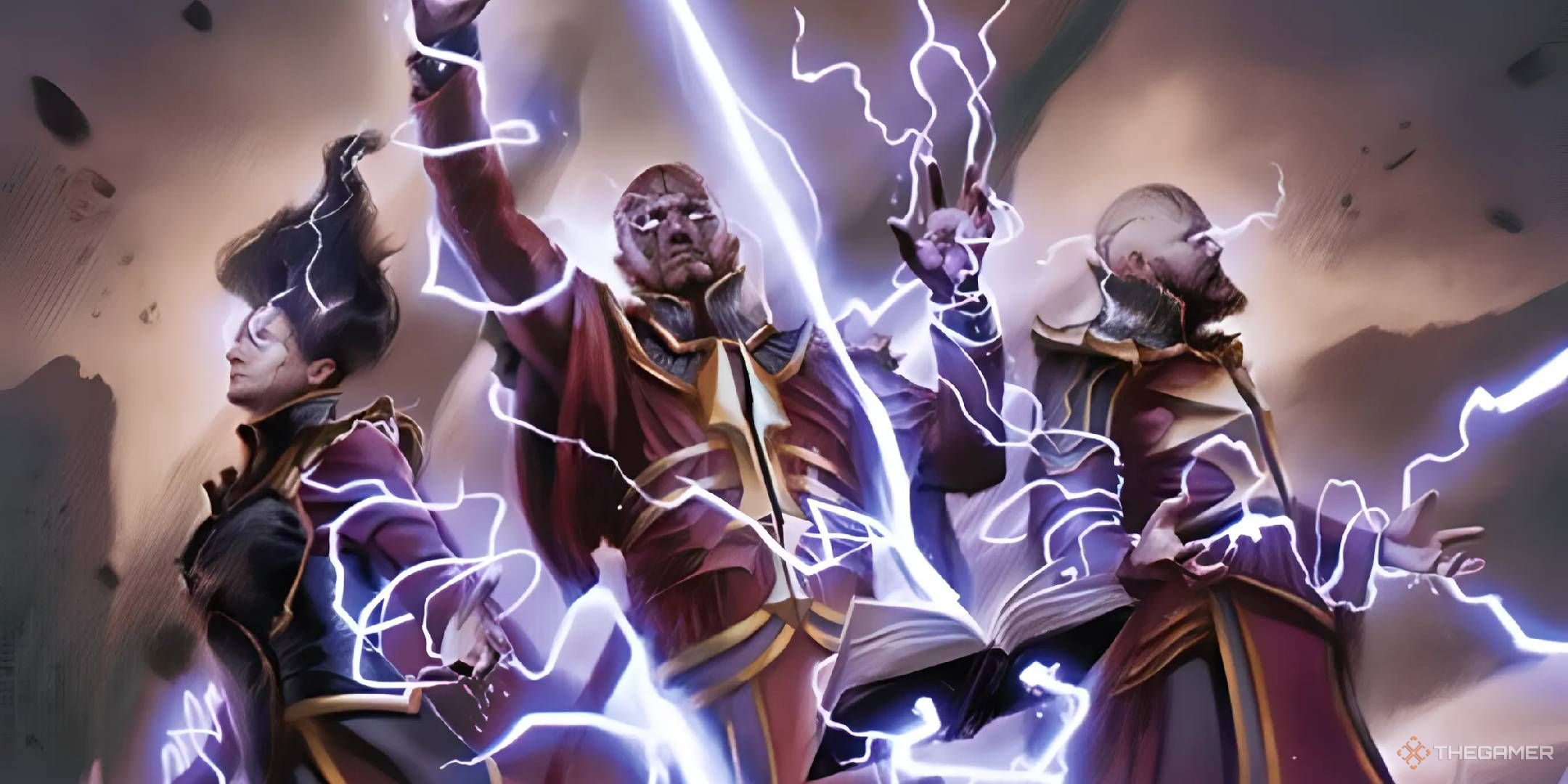
Wizards of Thay, by Josh Hass
Neither does anything useful for a Wizard.
Talk to the other members of your party and your DM prior to building any character.
There’s little more dissatisfying than building a great character for the wrong campaign.
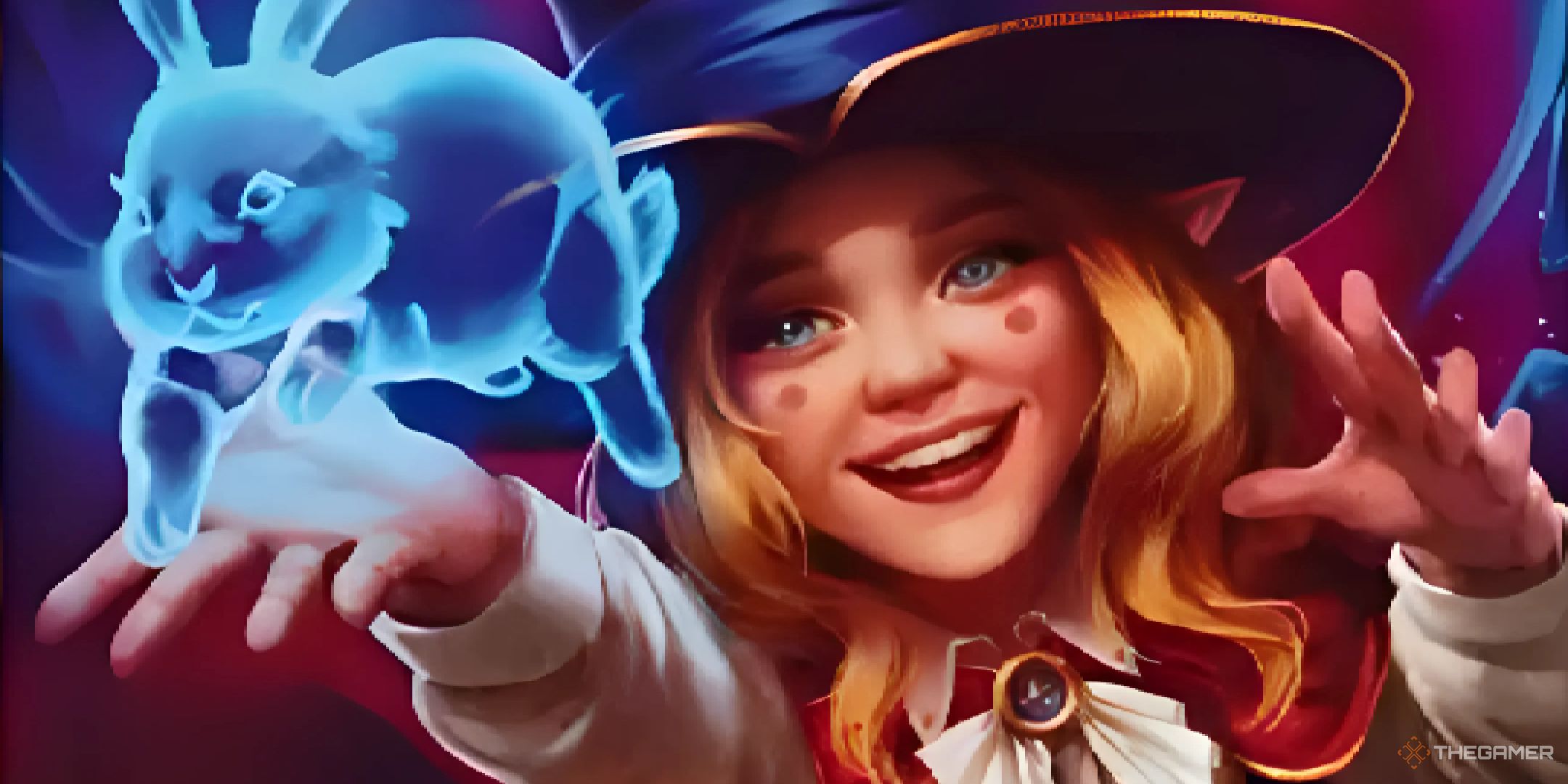
Illusionist Subclass, via Wizards of the Coast.
Still, some are decidedly more useful than others.
It also blocks Magic Missiles.
Lacking armor proficiency, this is a must0have spell.
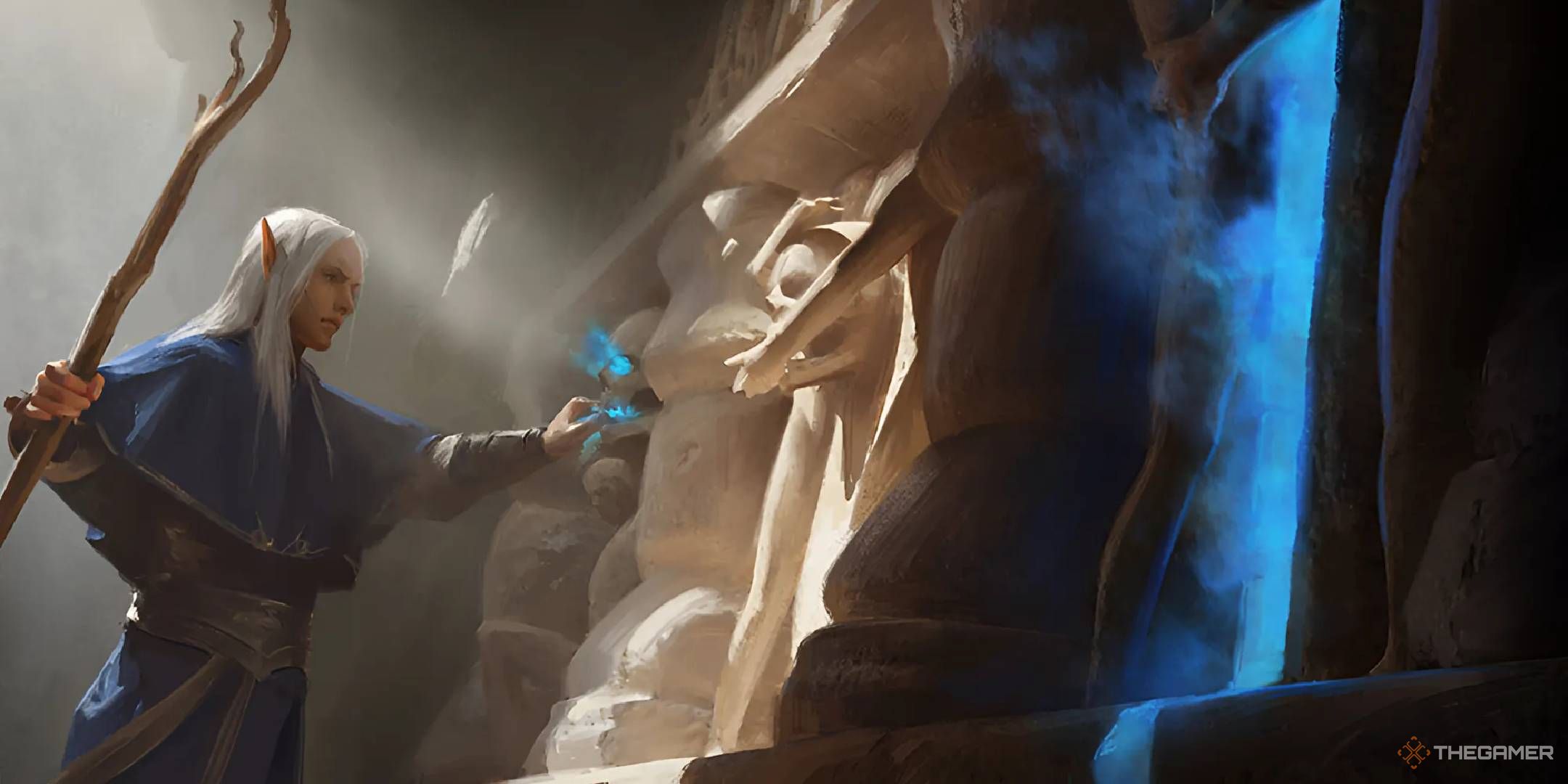
Secret Door, by Francisco Miyara
Familiars are an excellent resource, serving as scouts, messengers, and assisting in some combat scenarios.
Best of all, this is a Ritual, so it won’t use up a spell slot.
Fireball
The gold standardof offensive area of effect spells, Fireball remains a solid choice for the discerning mage.
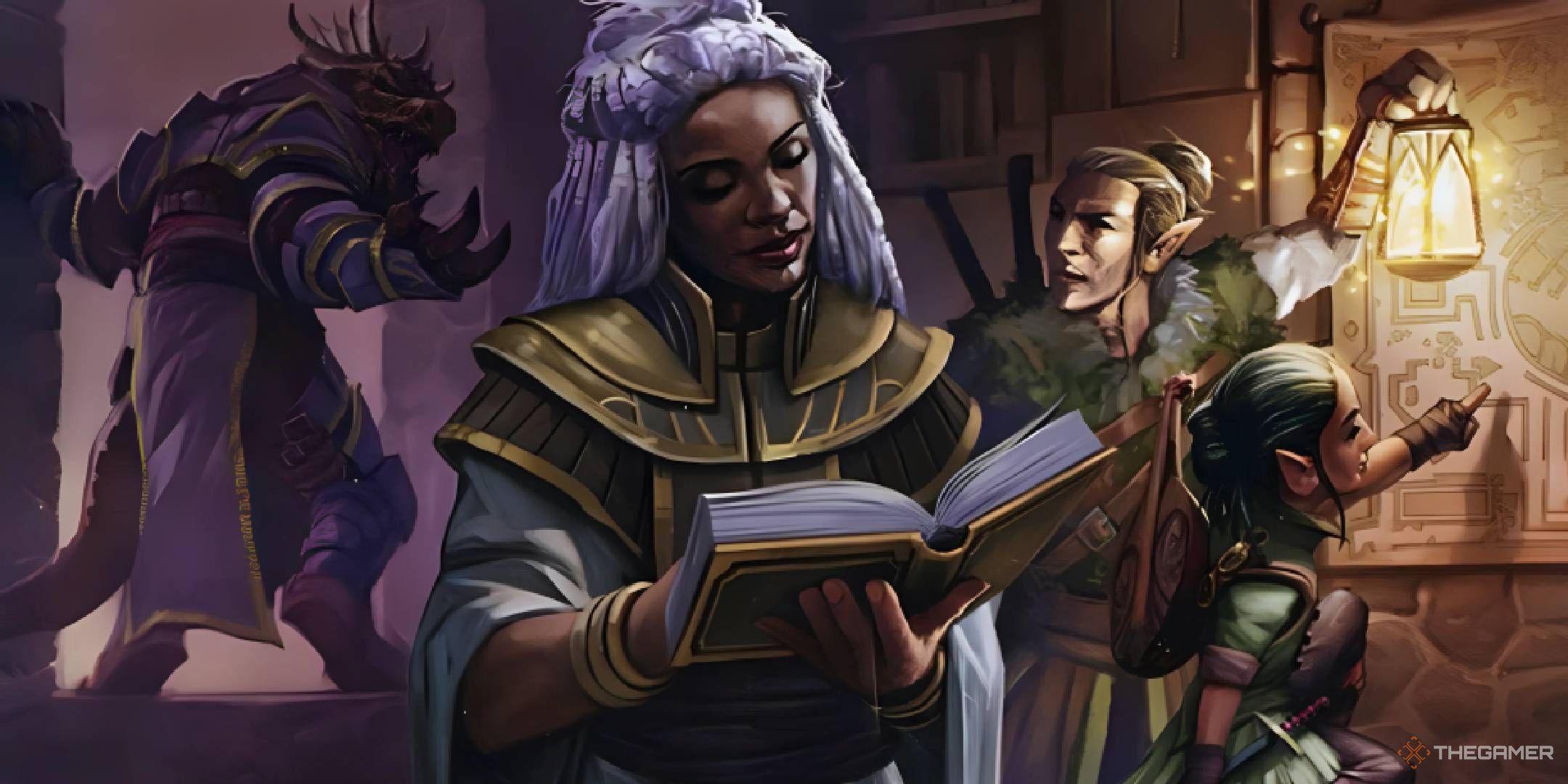
You Find the Villains' Lair, by Gabor Szikszai
Most other equipment is optional.
Choose one that increases your focused check, or one that shores up a deficiency.
Or start collecting them!
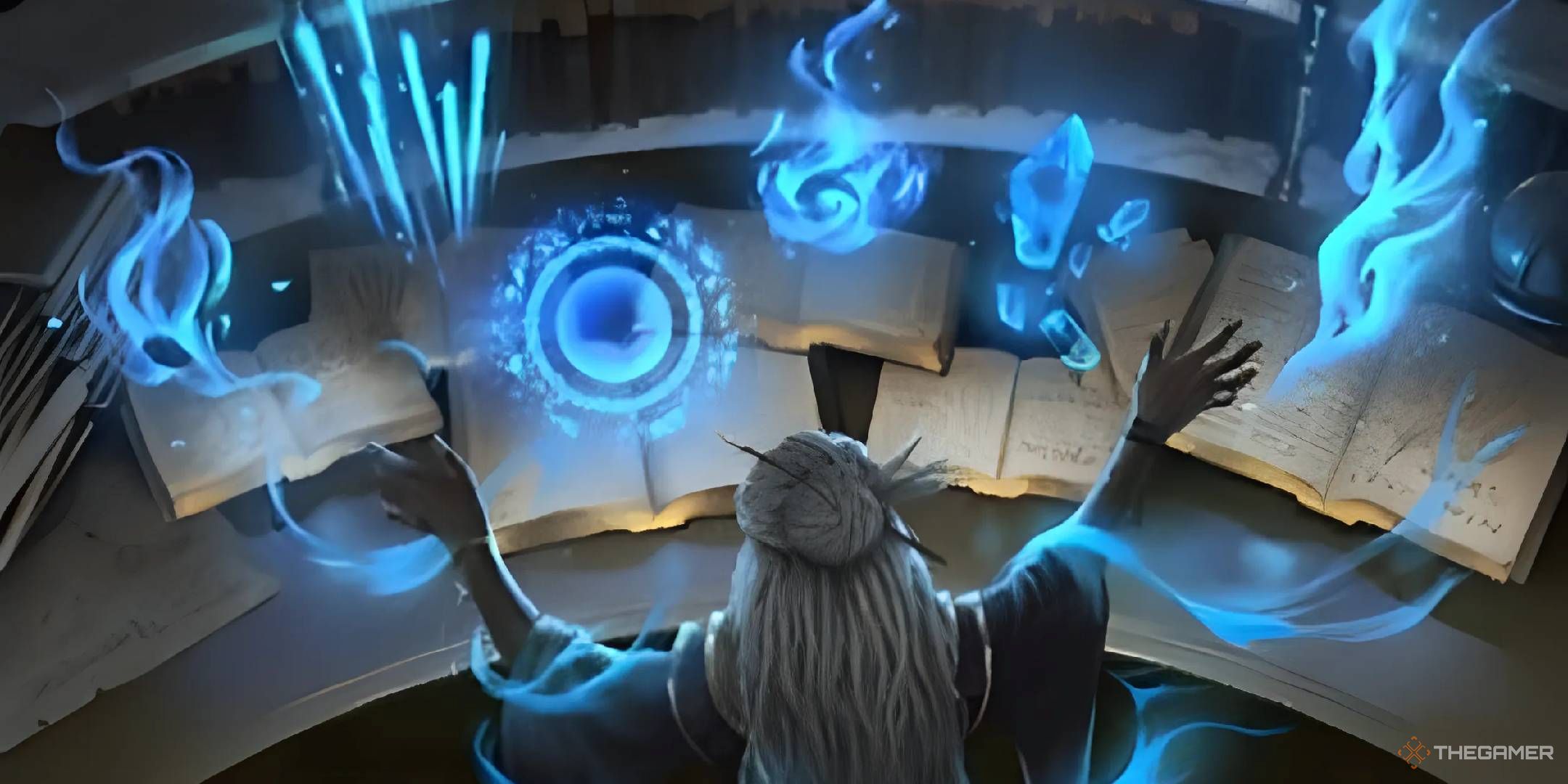
Signature Spell, by Reiko Murakami
But for the sake of brevity, we’ll focus on a handful of outstanding ones.
If you’re playing as a blaster, you get the same benefit opening combat with safe Fireballs.
This isa great feat if you’re an Evokerspecializing in one element for roleplay purposes.

Adventuring Gear, by Davig Griffith
As the rules are written this should allow you tostudy enemies mid-combat to figure out weaknessesand other important information.
If you’re ever stuck on Origin feats, Lucky is a good choice.
Great for adding a little healing to your arsenal or roleplaying a student from a magic school.
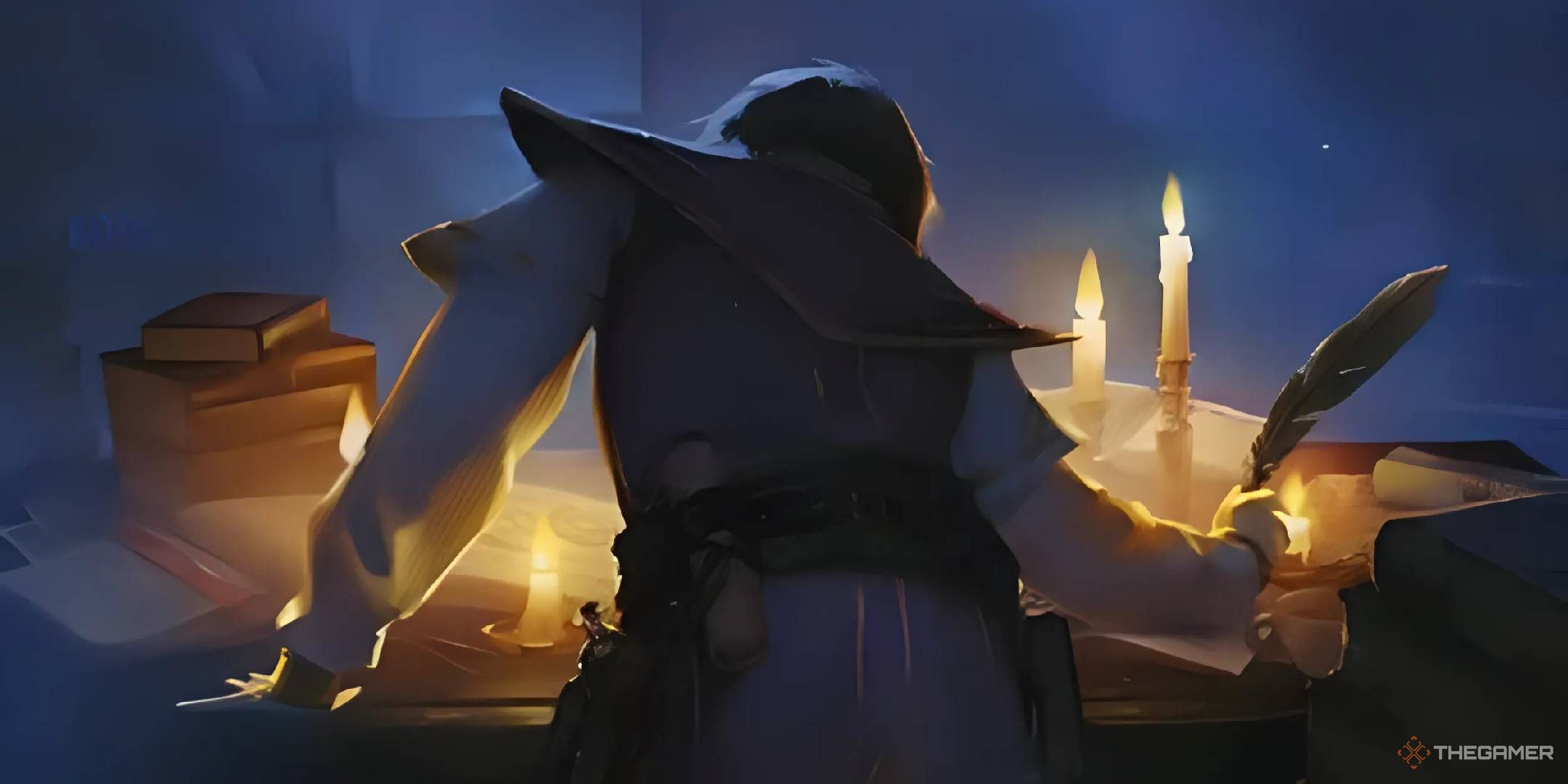
Candlekeep Sage, by Kim Sokol
Resilient
Constitution saves are common, so proficiency in them goes a long way.
This also grants advantage on Concentration checks, which is useful in combat.
Shadow-Touched
Bonus spells are always good, especially Invisibility.
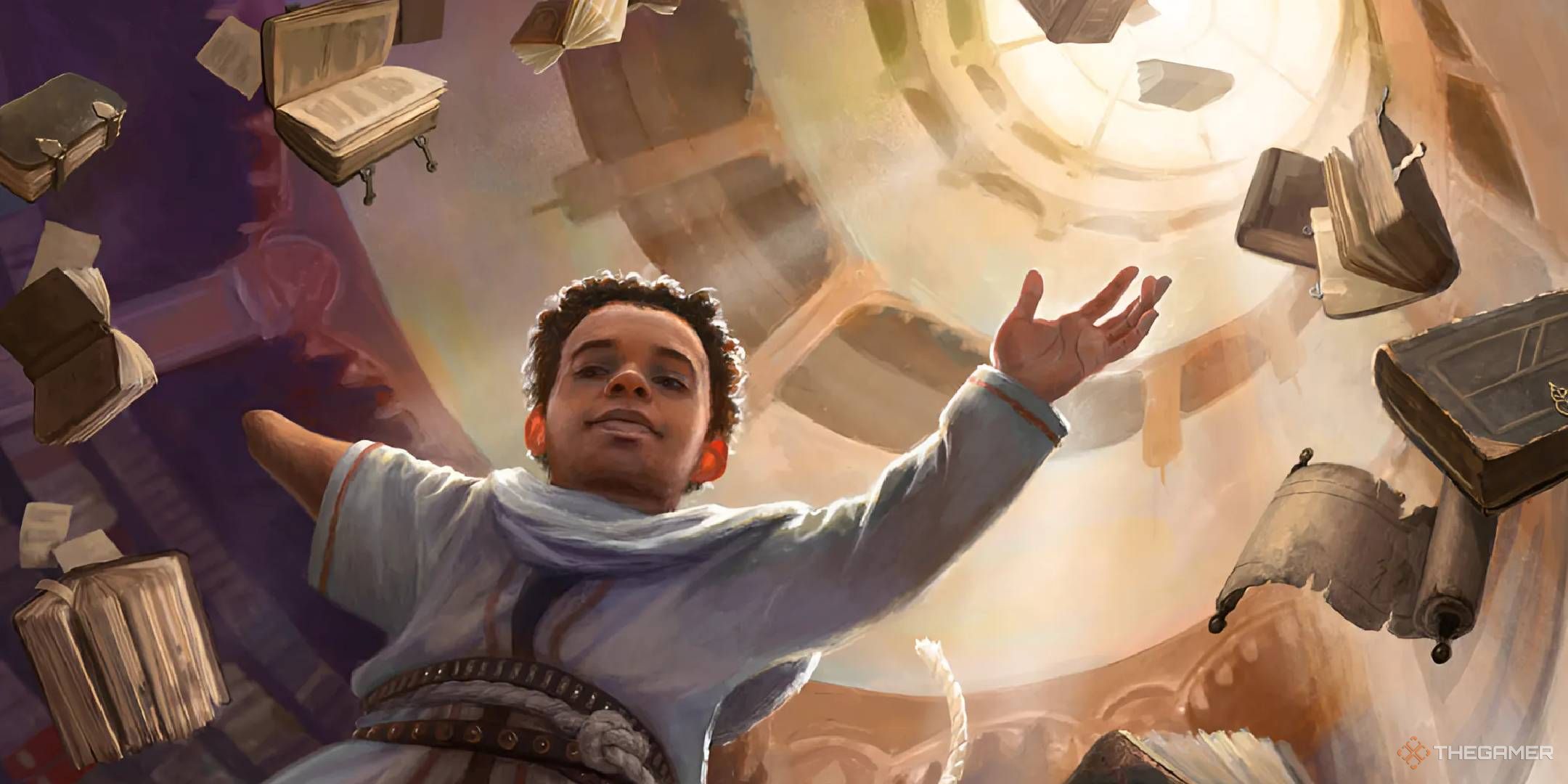
Archivist of Oghma, by Stella Spente
Fey-touched offer better spell options, but this can be good for roleplaying a darker campaign.
Wizards can come from any background, from a street urchin to a prince.
But characters from some backgrounds tend to make better Wizards than others.
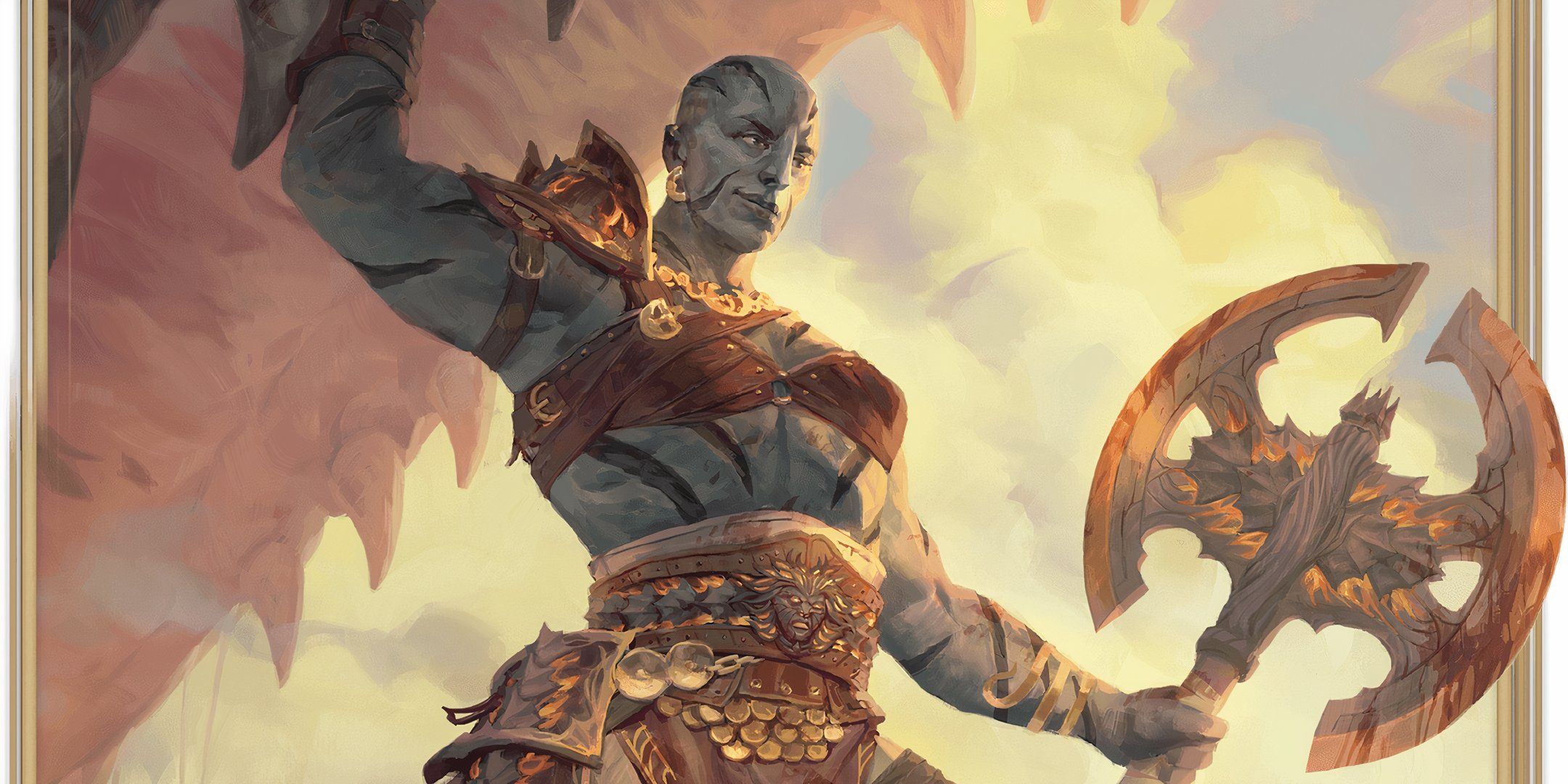
The equipment is probably less useful than the 50 GP option.
Guard
Like Criminals, Guards also get theAlert feat, plus proficiency in Perception.
In campaigns focused more on skills than combat, this is an excellent way to round out a Wizard.

Ready to wreck the frontlines and protect the party?
Here’s how to build a barbarian using the 2024 Player’s Handbook.
